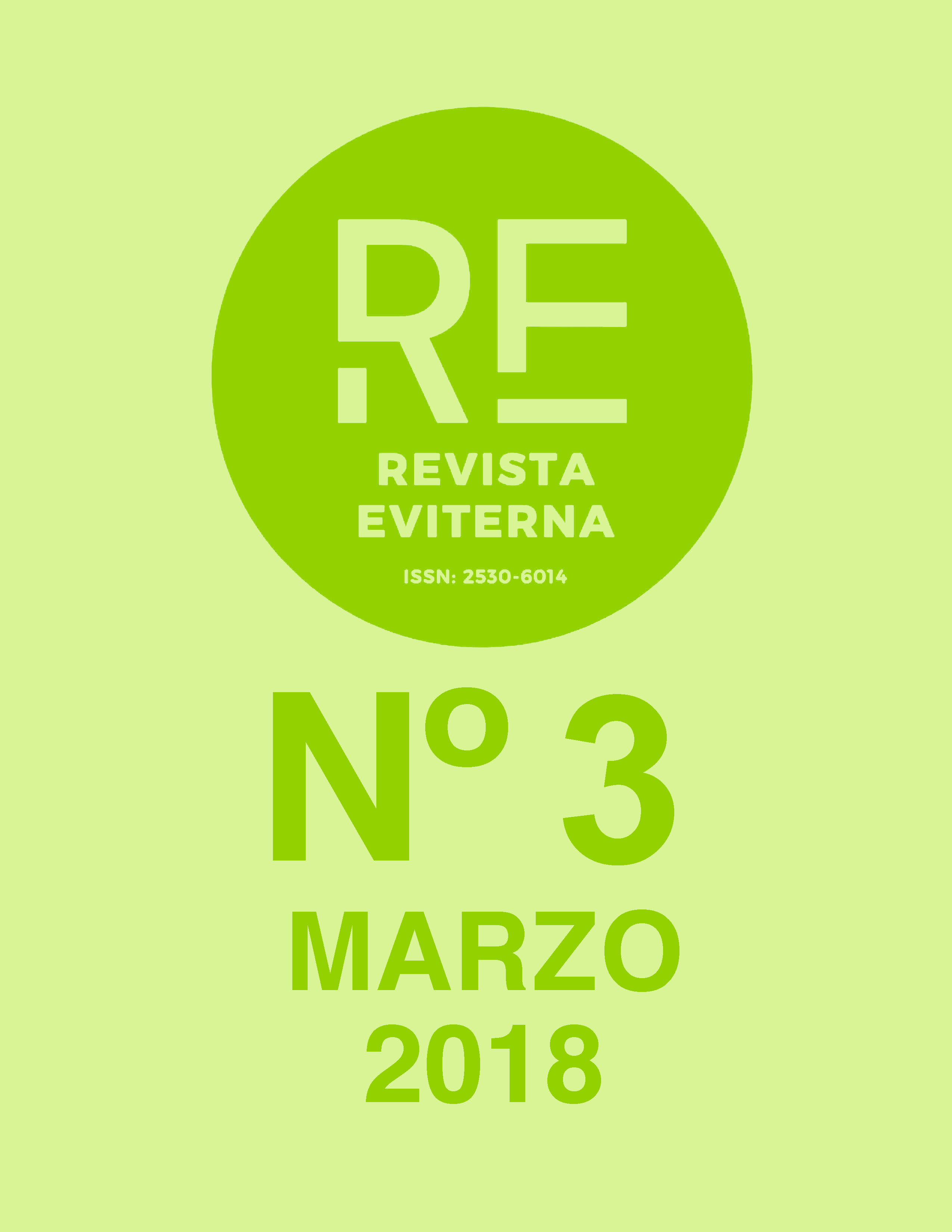Intertextual study on the persuasion of the word in Commendation of Helena and La Celestina
DOI:
https://doi.org/10.24310/Eviternare.v0i3.8160Keywords:
Greek literature, Spanish literature, Intertextuality, Sophism, The CelestinaAbstract
The main aim this paper tries to focus on is the idea of comparing two different pieces of art, being both written in two diverse centuries and socio-political contexts: one of them in the ancient Greek and the other one in medieval Spain. If we get closer to this idea, we are trying to highlight the existence of new approaches to universal literature when it comes to comparative research, which might help to erase the concept of “national” literatures.
Downloads
Metrics
Publication Facts
Reviewer profiles N/A
Author statements
Indexed in
-
—
- Academic society
- N/A
- Publisher
- Universidad de Málaga
References
DE ROJAS, Fernando (1913). La Celestina. Ediciones de La Lectura: Madrid.
MARTÍNEZ, Óscar (2007), “Introducción”, en Protágoras, Gorgias, Menón. EDAF: España, p. 15. MELERO
BELLIDO, Antonio (trad. y ed.) (2007). Sofistas. Obras. Editorial Gredos: España.
PUIG, María Pilar (1999), “Introducción” en DE ROJAS, Fernando. La Celestina. CEC: Venezuela, p 21.
SECHI MESTICA, Giuseppina (2007). Diccionario Akal de mitología universal. Akal: Madrid, pp. 127-205.
SNOW, Joseph T. (2001), “Alisa, Melibea, Celestina y la magia”, en LÓPEZ RÍOS, Santiago (ed.). Estudios sobre La Celestina. Ediciones Istmo: España, p. 316.
Downloads
Published
How to Cite
Issue
Section
License
All the contents published in Revista Eviterna are subject to the Creative Commons Reconocimento-NoComercia-Compartirigual 4.0 license, the full text of which can be found at <http://creativecommons.org/licenses/by-nc-sa/4.0>
They may be copied, used, disseminated, transmitted and publicly exposed, provided that:
The authorship and original source of your publication (Journal, editorial and URL of the work) are cited.
They are not used for commercial purposes.
The existence and specifications of this use license are mentioned.

Copyright is of two kinds: moral rights and patrimonial rights. Moral rights are perpetual, inalienable, inalienable, inalienable, inalienable and imprescriptible prerogatives.
In accordance with copyright legislation, Revista Eviterna recognizes and respects the moral rights of the authors, as well as the ownership of the economic right, which will be transferred to the University of Malaga for dissemination in open access.
The economic rights refer to the benefits obtained by the use or disclosure of the works. Revista Eviterna is published in open access and is exclusively authorized to carry out or authorize by any means the use, distribution, disclosure, reproduction, adaptation, translation or transformation of the work.
It is the responsibility of the authors to obtain the necessary permissions of the images that are subject to copyright.







12.png)



